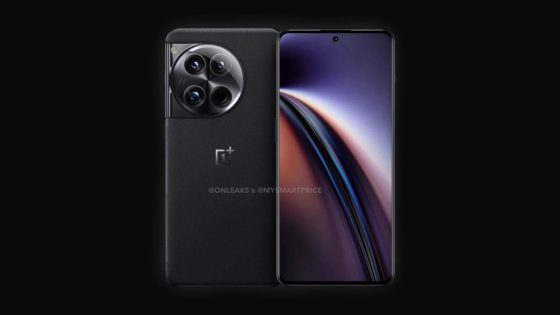OnePlus 12 fast charging support leaked ahead of launch،
OnePlus has just entered the foldable phone arena with its recently launched book-style foldable, the OnePlus Open, directly challenging heavyweights Samsung and Google in this competitive space. However, the Chinese manufacturer does not stop there and is preparing for the release of its next flagship, the OnePlus 12. As reported MySmartPrice, the OnePlus 12, listed under model number PJD110, has surfaced on certification website 3C, revealing details about the phone’s charging capabilities. The listing states that the phone will support 100W wired fast charging, maintaining the speed seen in its predecessor, the OnePlus 11.
However, unlike the previous generation, the OnePlus 12 is expected to support wireless charging, with leaks suggesting 50W wireless charging. There are also rumors of a sizable 5,400mAh battery powering the flagship.
Recently, it was confirmed that the OnePlus 12 is going to make waves as the world’s first phone with Sony’s cutting-edge LYTIA mobile image sensor. The flagship is also said to feature a rear-facing camera system comprising not one but two 50 MP cameras and a 64 MP periscope telephoto lens.
Beyond the camera improvements, the upcoming flagship promises a performance boost, thanks to the inclusion of the new Snapdragon 8 Gen 3 chipset.
The OnePlus 12 is expected to sport an AMOLED display from BOE, offering 2K screen resolution and 120Hz screen refresh rate. OnePlus and BOE promise users a display with improved color accuracy, improved eye protection, wider viewing angles, extended lifespan, lower power consumption and significantly higher brightness in the 3000-4000 nits range. If these claims are true, the Galaxy S24 Ultra could find itself facing a worthy challenger in terms of display specifications.
If all these rumors are true, the OnePlus 12 could be the phone that Samsung and Google should fear the most, or at least on paper, at the moment.
















